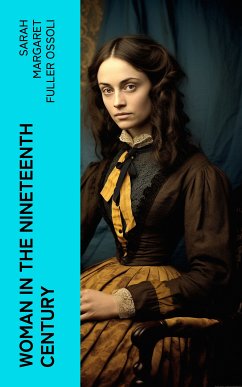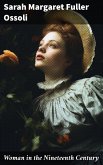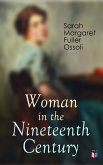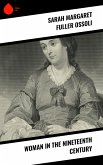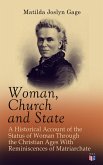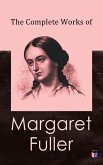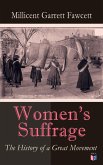Woman in the Nineteenth Century is considered the first major feminist work in the United States. The basis for Fuller's work is the idea that man will rightfully inherit the earth when he becomes an elevated being, understanding of divine love. Fullerexamines men and women in America and observes that many people think that in marriage, man is the head of the house and woman the heart. Problems with the law derive from the problem of women being viewed as inferiors, equal to children but not men. The truth is that women need expansion and seek to be like men; they need to be taught self-dependence. Finally, she concludes that before a true union can occur, each person must be an individual and self-dependent unit. For women to become such individuals, men need to remove their dominating influence, but women also need to claim themselves as self-dependent and remove themselves from man's influence. Sarah Margaret Fuller Ossoli (1810 - 1850) was an American journalist, critic, and women's rights advocate associated with the American transcendentalism movement. She was the first full-time American female book reviewer in journalism. Fuller was an advocate of women's rights and, in particular, women's education and the right to employment.
Dieser Download kann aus rechtlichen Gründen nur mit Rechnungsadresse in A, B, BG, CY, CZ, D, DK, EW, E, FIN, F, GR, H, IRL, I, LT, L, LR, M, NL, PL, P, R, S, SLO, SK ausgeliefert werden.

